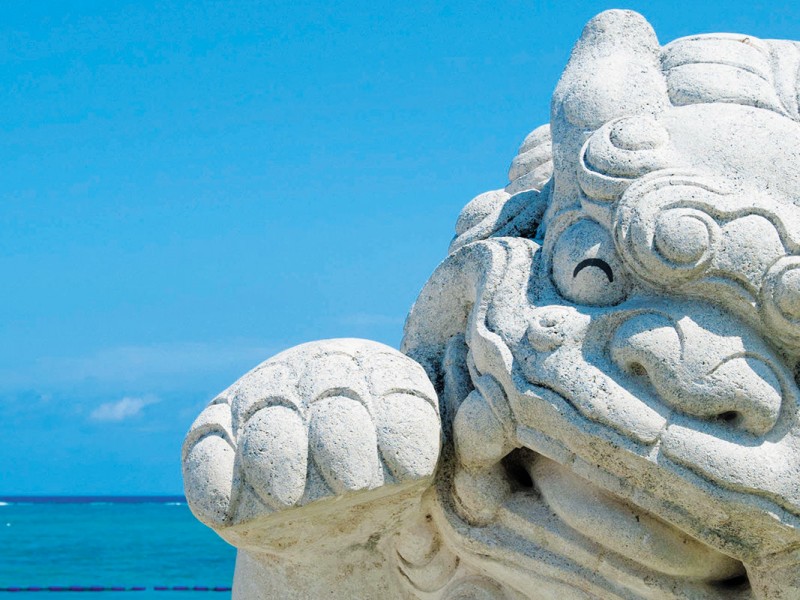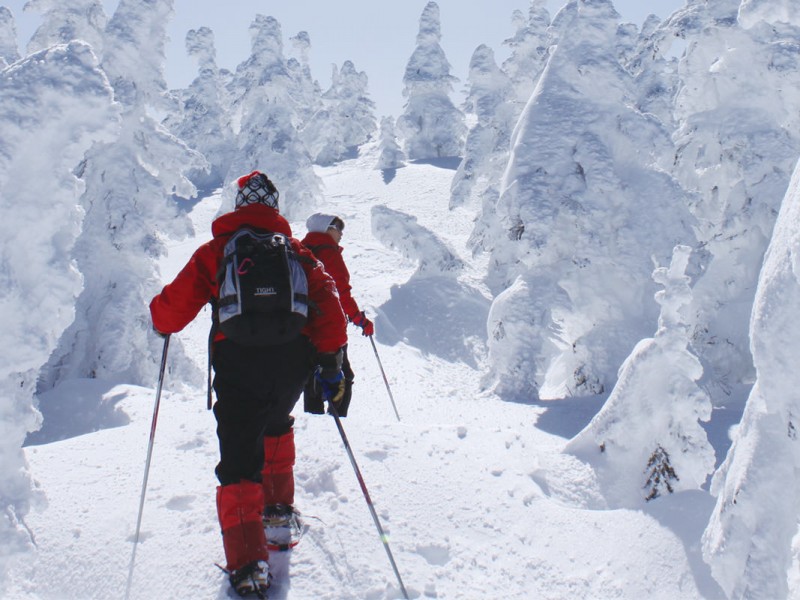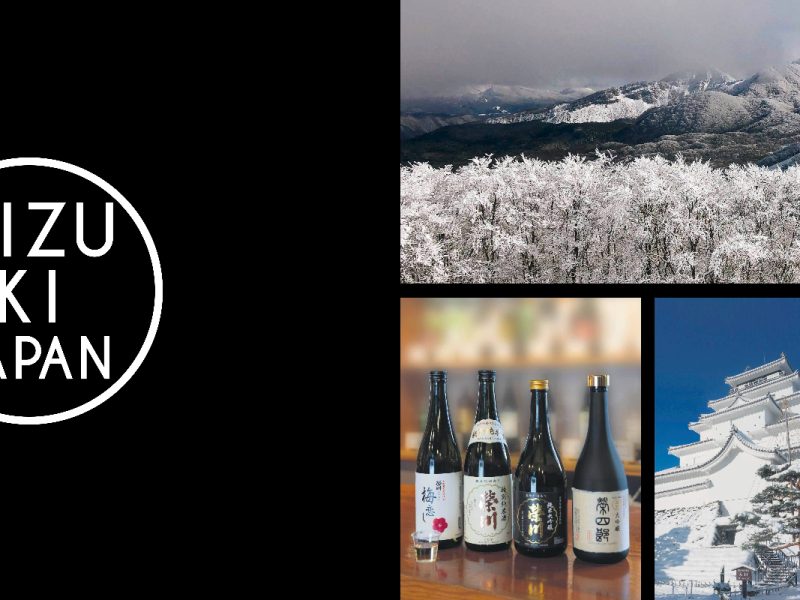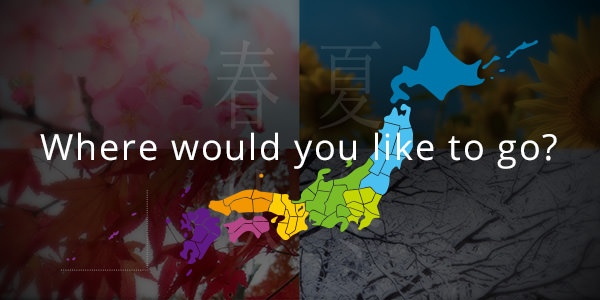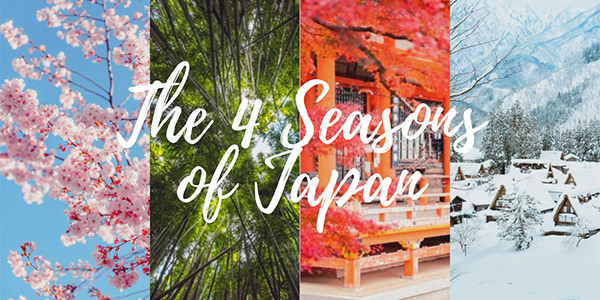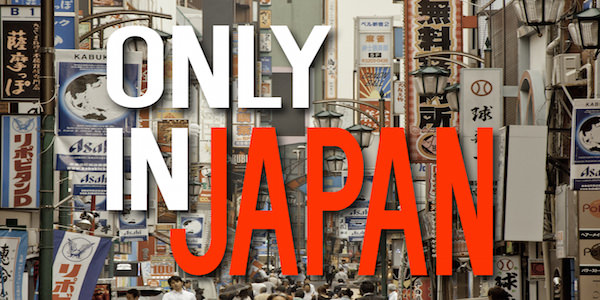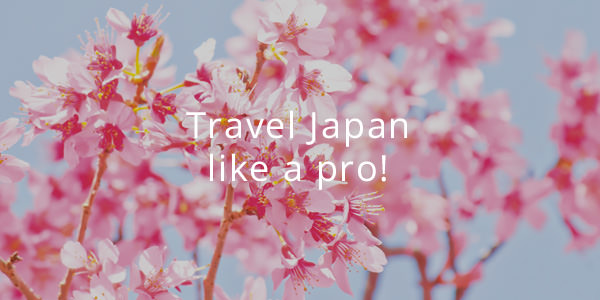Handed down through countless generations, Fukushima Prefecture has a plethora of unique cultures nurtured by the history and climate of each region.
Akabeko Painting Experience
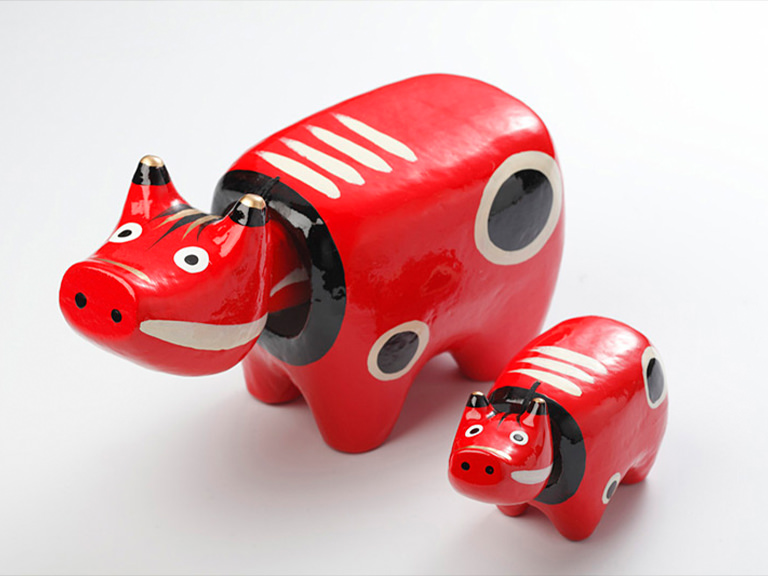
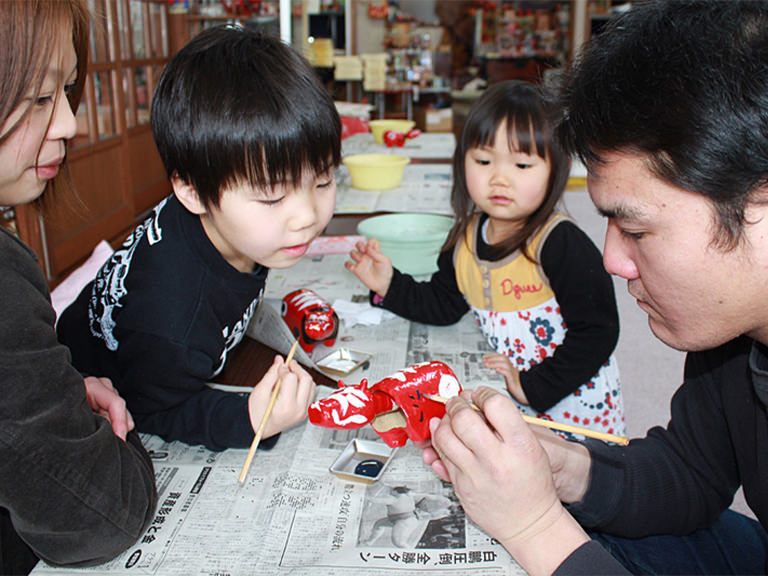
Akabeko is a traditional folk craft first made by Gamo Ujisato, the ruler of the Aizu Domain that existed around 400 years ago. This adorable paper mache bobblehead cow originated from the legend of a red cow that rid the region of an epidemic that spread during the Heian period (794-1185). Today, it continues to be a prized good-luck talisman protecting one against misfortune. It is painted red with black spots and white borders, and many unique designs have been added over the years. These days, it’s also popular for visitors to Fukushima to join an Akabeko painting workshop to make their very own original Akabeko.
The Akabeko painting workshop lets you use a brush to add colour and a facial expression and bring home a one-of-a-kind authentic Fukushima souvenir. You can paint it as you like, and it’s easy enough that both adults and children can enjoy.
https://fukushima.travel/destination/paint-your-own-akabeko/88Aizu Urushi Lacquerware Painting Experience
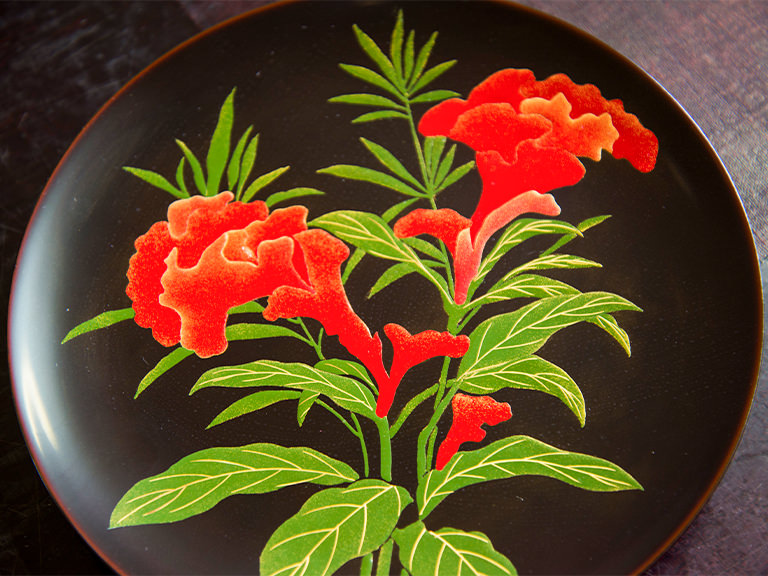
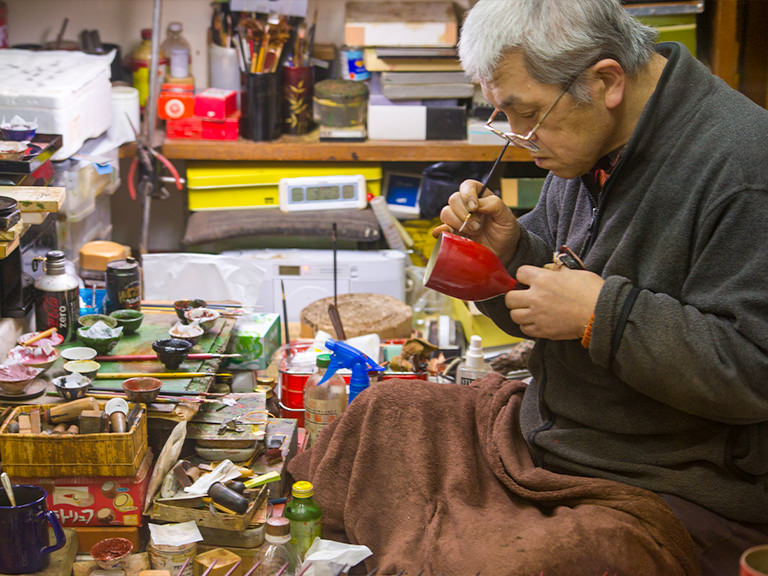
Aizu Urushi is a form of traditional lacquerware from Fukushima Prefecture that flourished when Gamo Ujisato, the ruler of the Aizu region also home to the Akabeko, promoted the craft to bolster local industry. Incorporating the latest technologies with each passing era, the artform has developed over 400 years into a major industry with everything performed locally, from the cultivation of lacquer trees to the finishing decorations. Aizu Urushi is known for its robust lacquer coating, gold inlaying, “shu-migaki” painting and polishing, “maki-e” metal powder decoration, and other refined techniques. The process is broken up between woodworkers, lacquer painters, and decorators, with each craftsperson a master in their field.
This lacquerware painting experience lets you choose a piece of lacquerware to freely decorate using the maki-e technique. Maki-e is the process of painting a pattern or picture onto lacquerware using lacquer paint, and then sprinkling gold, silver, or another powdered metal over it to bring it to life. This experience uses lacquer that won’t irritate the skin, so it’s safe for sensitive hands. The gratification that comes with creating your own lacquerware masterpiece is second to none!
https://fukushima.travel/destination/aizu-urushi-lacquerware/100Kimono Experience in Aizu-Wakamatsu City
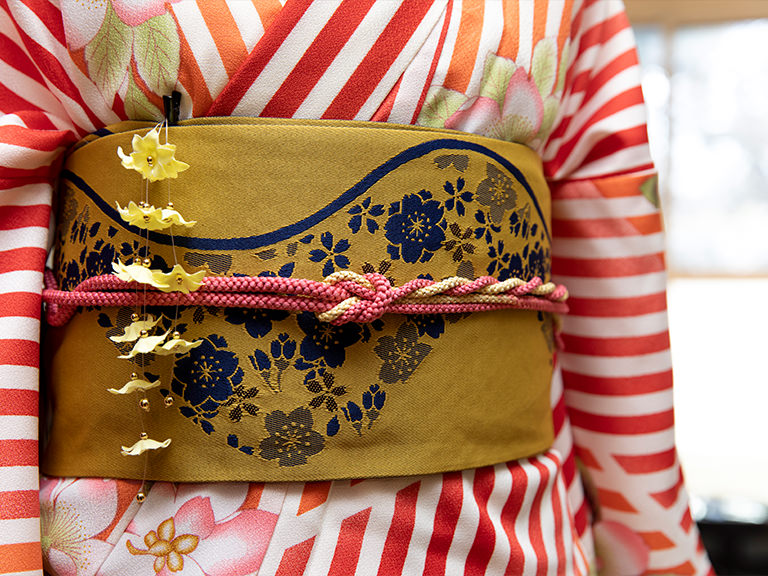
Traditional Japanese kimono can be rented from Tsuruga Kimono Rental Shop, which is right next to Tsurugajo Castle in Aizu-Wakamatsu. This grand, historical castle was one of the final strongholds for samurai fighting against the new government during the Boshin War. After exploring the castle, stroll over to the nearby Nanokamachi-dori Street, which is lined by retro buildings typifying the streetscapes of traditional Japan.
https://fukushima.travel/destination/kimono-experience-in-aizu-wakamatsu-city/102
Relaxing Tea Ceremony at Tsurugajo Castle
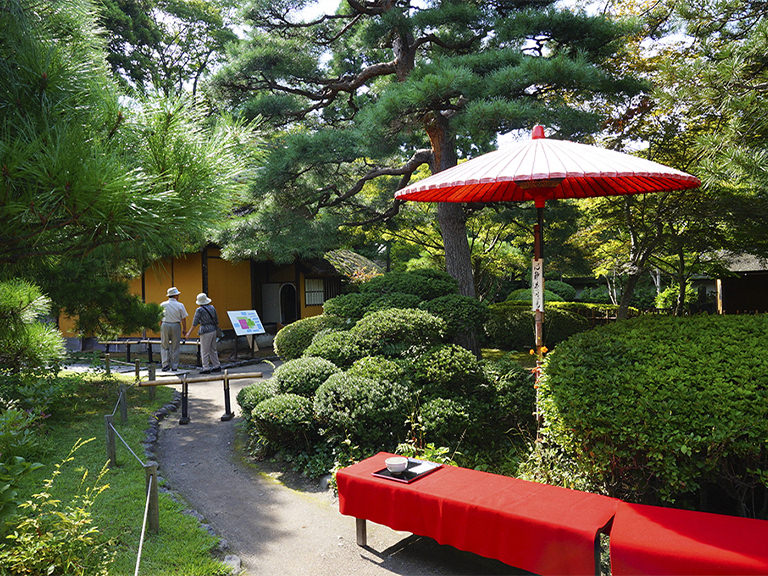
On the grounds of Tsurugajo Castle sits the Rinkaku Tea Ceremony Room, where you can relish authentic Japanese matcha paired with a seasonal sweet. The building and surrounding garden are imbued with the harmony of traditional Japanese aesthetics, including tatami straw mat flooring and a straw-thatched roof.
https://fukushima.travel/destination/relaxing-tea-ceremony-at-tsurugajo-castle/89
Oborisoma Ware Ceramics
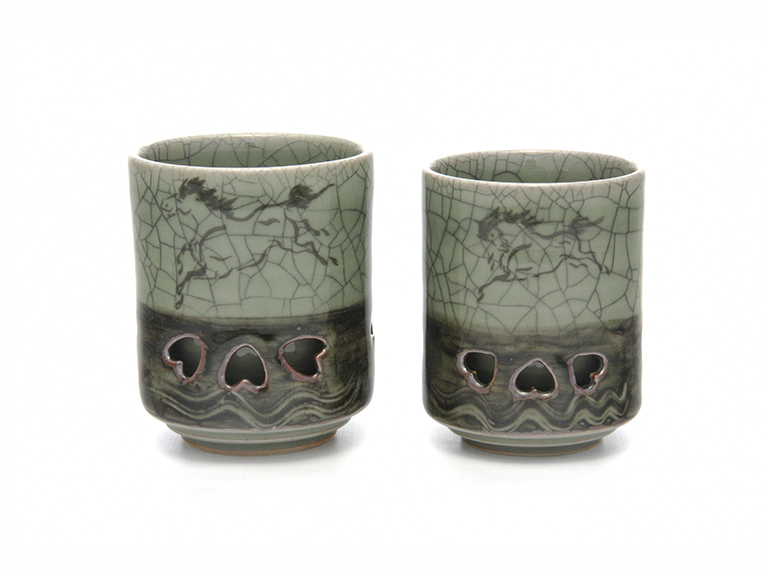
Oborisoma ware is an ancient form of local pottery that developed around the Obori area of Namie in Hamadori. With over 300 years of history, Oborisoma ware ceramics are known for their distinctive blue cracks created by the use of celadon glaze, giving off a rustic, homely character. The material to create the glaze can only be found in Obori, making it a true local treasure. There are Oborisoma ware-making experiences held at the Michinoeki Namie roadside station, providing a hands-on appreciation for this remarkable artform.
Japanese Washi Paper Making Experience at Michinoeki Adachi
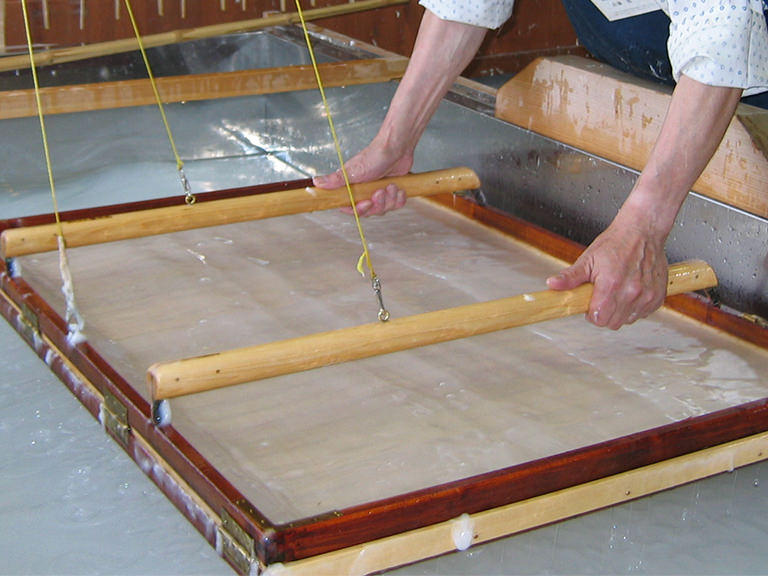
Michinoeki Adachi, a rest stop and cultural facility near Nihonmatsu between Fukushima City and Koriyama, offers experiences in the ancient art of “washi” paper making in the local style of “Kamikawasaki.” This traditional craft has over 1,000 years of history, and was the paper of choice for numerous nobles and prominent writers since the Heian period. Stunning washi paper products can also be purchased here, allowing you to enjoy both your own creations and the work of masters.
Kimono Experience in Aizu-Wakamatsu City

Traditional Japanese kimono can be rented from Tsuruga Kimono Rental Shop, which is right next to Tsurugajo Castle in Aizu-Wakamatsu. This grand, historical castle was one of the final strongholds for samurai fighting against the new government during the Boshin War. After exploring the castle, stroll over to the nearby Nanokamachi-dori Street, which is lined by retro buildings typifying the streetscapes of traditional Japan.
https://fukushima.travel/destination/kimono-experience-in-aizu-wakamatsu-city/102Relaxing Tea Ceremony at Tsurugajo Castle

On the grounds of Tsurugajo Castle sits the Rinkaku Tea Ceremony Room, where you can relish authentic Japanese matcha paired with a seasonal sweet. The building and surrounding garden are imbued with the harmony of traditional Japanese aesthetics, including tatami straw mat flooring and a straw-thatched roof.
https://fukushima.travel/destination/relaxing-tea-ceremony-at-tsurugajo-castle/89Soma Nomaoi
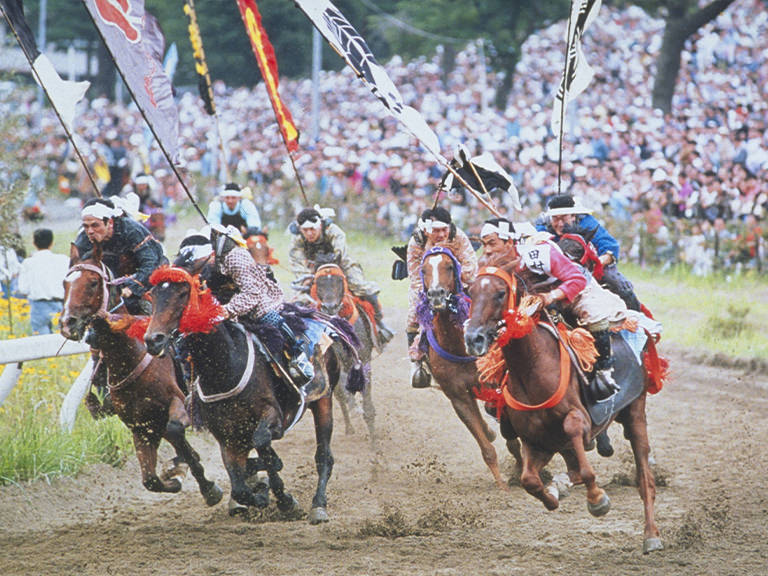
The annual Soma Nomaoi festival sees around 400 horsemen don samurai armour to race and battle to capture flags. According to legend, the Soma Nomaoi traces its origins back over 1,000 years, when the legendary samurai Taira no Masakado, said to be a distant relative of the Soma Clan, released wild horses into northwestern Chiba Prefecture for military training. The festival lasts for several exhilarating days, and is a great opportunity to witness the samurai spirit of Japan in action.
https://www.tohokukanko.jp/attractions/detail_1005966.htmlOborisoma Ware Ceramics

Oborisoma ware is an ancient form of local pottery that developed around the Obori area of Namie in Hamadori. With over 300 years of history, Oborisoma ware ceramics are known for their distinctive blue cracks created by the use of celadon glaze, giving off a rustic, homely character. The material to create the glaze can only be found in Obori, making it a true local treasure. There are Oborisoma ware-making experiences held at the Michinoeki Namie roadside station, providing a hands-on appreciation for this remarkable artform.
https://www.tohokukanko.jp/attractions/detail_1009108.htmlJapanese Washi Paper Making Experience at Michinoeki Adachi

Michinoeki Adachi, a rest stop and cultural facility near Nihonmatsu between Fukushima City and Koriyama, offers experiences in the ancient art of “washi” paper making in the local style of “Kamikawasaki.” This traditional craft has over 1,000 years of history, and was the paper of choice for numerous nobles and prominent writers since the Heian period. Stunning washi paper products can also be purchased here, allowing you to enjoy both your own creations and the work of masters.
https://www.tohokukanko.jp/attractions/detail_1002874.htmlFukushima Waraji Festival
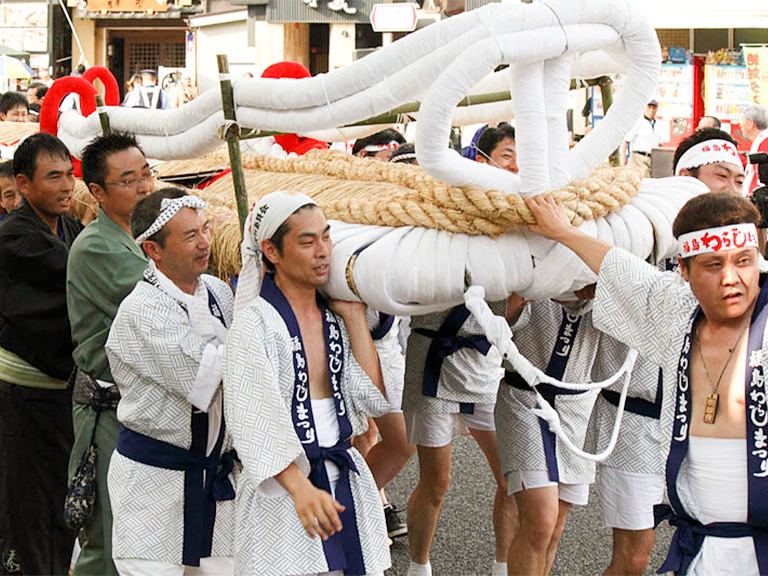
The annual summertime Fukushima Waraji Festival takes place in Fukushima City in early August. Continuing since the Edo period for over 400 years, it is centred around a giant “waraji” straw sandal, the largest in Japan, which is carried through the streets by over 100 people before being dedicated to Haguro Shrine on Mt Shinobu, the symbol of Fukushima City. Many other rituals are also held, including traditional folk dances and races, showcasing the intense, passionate hearts of Fukushima locals.
https://www.tohokukanko.jp/festivals/detail_10068.htmlCheck out other Fukushima experiences at this website.
Suggested Itineraries for Fukushima Cultural Experiences
Stroll Through Two of Fukushima’s Biggest Icons in Traditional Kimono:
Discover Tsurugajo Castle and Ouchi-juku
Tour the Sights of Minamiaizu in Comfort While Mastering an Ancient Art:
Minamiaizu Private Taxi & Wood Working Experience (website not yet available)
FUKUSHIMA TRAVEL
Australia’s Official Fukushima Prefecture Representatives
For any enquiries regarding Fukushima tourism, please feel free to reach out to
sales_fukushima@nta.com.au or call
Simon Williamson (Australian Attractions): 0438 744 633
Nippon Travel Agency Australia Sydney Office: (02) 9275-9661

